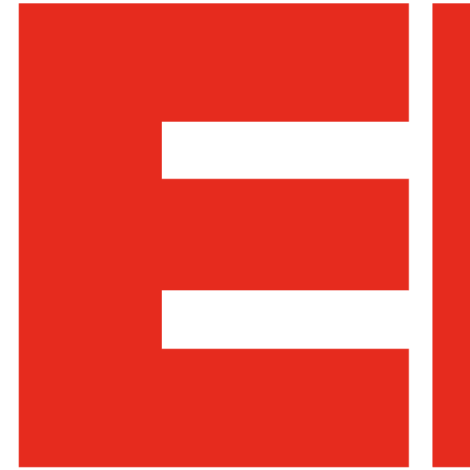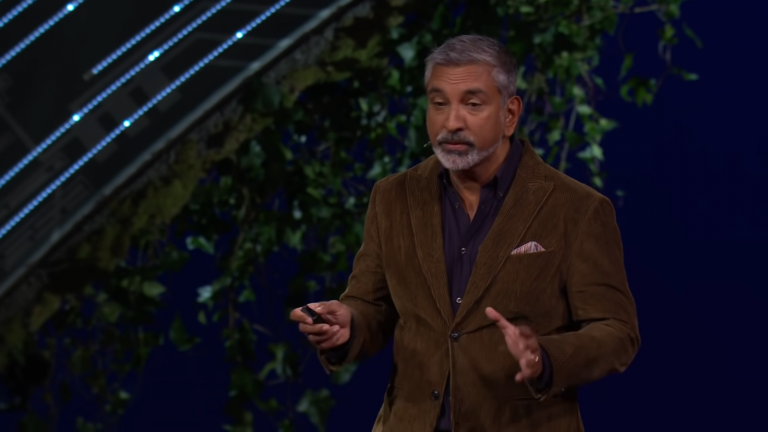Design features prominently at TED, but we combed through the dozens of interesting presentations to highlight ten talks that lean toward humanitarianism
This is a snapshot of the world of design and engineering for global development as seen through the eyes of ten leaders in the field. Here you can see technologies that could change people’s lives, such as clean-burning charcoal made from agricultural waste, low-cost eyeglasses and prostheses, a premature baby incubator, open-source architecture and power generators and others. Please enjoy these and let us know what other talks we should watch in the comments below.
Cameron Sinclair: A call for open-source architecture
Practical, smart architecture designed by professionals and released as open source plans could improve housing worldwide. Cameron Sinclair, co-founder of Architecture for Humanity, makes the case for open source architecture, calling on designers to meet the humanitarian challenge.
Jane Chen: A warm embrace that saves lives
Incubators for premature babies can be too costly for many healthcare centers in emerging economies, but Jane Chen has a solution. The TED Fellow presents her invention that could keep millions of preemies warm. Chen is a former program director for an HIV/AIDS-focused non-profit in China and she worked for the Clinton Foundation’s HIV/AIDS Initiative in Tanzania.
Amy Smith: Simple designs that could save millions of children’s’ lives
Amy Smith, the MIT engineer, has become a celebrity in the world of design for emerging economies. Here, she addresses a topic that has itself become a cause celeb, air pollution in kitchens that use open cooking fires. Smith presents a simple solution, a method for making clean-burning charcoal from farm waste. Smith has received many accolades, among them a MacArthur “genius” grant in 2004 and she was the first woman to win a Lemelson-MIT Prize.
Emily Pilloton: Teaching design for change
Emily Pilloton has helped elevate the concept of humanitarian design to the US national stage. In 2010 she toured with her book, Design Revolution: 100 Products that Empower People, and landed on the Colber Report (see our coverage: Life-changing contraptions, Colbert and composting). In this TED talk, Pilloton describes her experiment in rural Bertie County, North Carolina, where she led a design-build class for high school students called Studio H. There, she infused new design-centric ideas into the most impoverished community in the state.
Jennifer Pahlka: Coding a better government
Governments should look more like the Internet: open to anyone without the need for permission, Jennifer Pahlka argues. The coder and activist makes the case for building cheap apps that connect people to their leaders and to eachother. Pahlka founded Code for America, an organization that pairs coders with US city governments to improve their local services.
Michael Pritchard: How to make filthy water drinkable
Dirty water, a familiar problem in developing countries, has met its match with the Lifesaver Filter. Michael Pritchard demonstrates the efficiency of his invention on the stage in this talk at TEDGlobal 2009. It’s a nanotech filter that could save lives in emerging economies and distaster sites.
Neil Gershenfeld: The beckoning promise of personal fabrication
Fab Labs have made it easier and cheaper to make things all over the world. Neil Gershenfeld, Director of MIT’s Center for Bits and Atoms, explains the Fab Lab and how it can change the fields of design and manufacture.
Sam Hamner at TEDxSF (7 Billion Well)
Sam Hamner merges low cost with high quality in his work with D-Rev designing prostheses for patients in the developing world. He draws on his education in Stanford University’s Neuromuscular Biomechanics Lab, where he studied human movement, and in the Design for Extreme Affordability course at the Hasso Plattner Institute of Design. We know Hamner as the co-founder of the Pepper Eater project, a device that grinds chile peppers that has made appearances in our Facebook banner.
Jeff Chapin: Design As a Tool for Better Conversations
In his TEDxChange talk, Jeff Chapin discusses his work with IDEO, with a closer look at his latrine and hand washing projects in Cambodia. Jeff advocates for design as a tool to enable, deeper, better, and different conversations that can lead to unexpected ideas.
Saul Griffith on everyday inventions
Low-cost eyeglasses, smart rope and a kite that can tow boats number among Saul Griffith’s innovations. The inventor shares his latest projects and at least one may interest the E4C community: an open source power generator.

